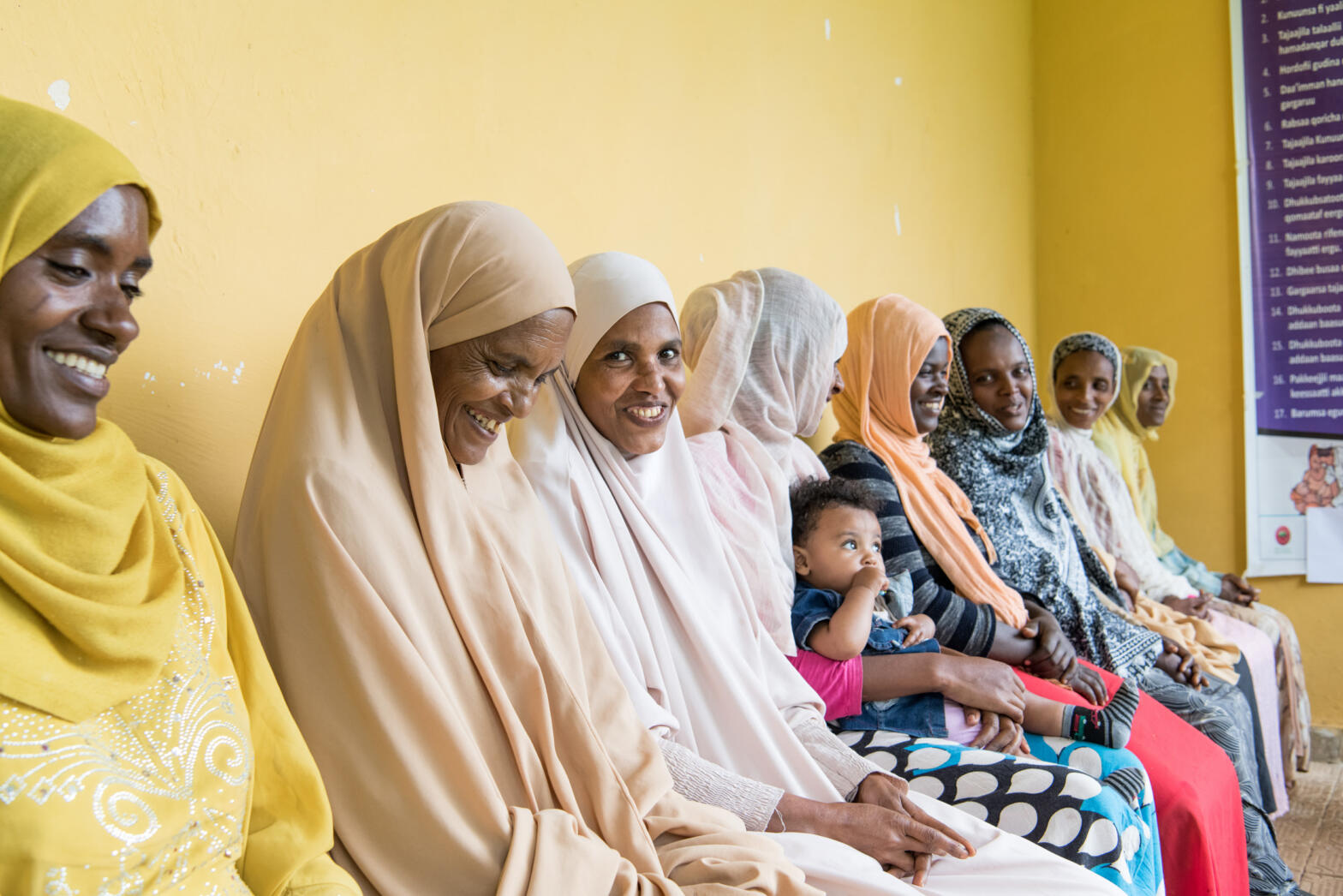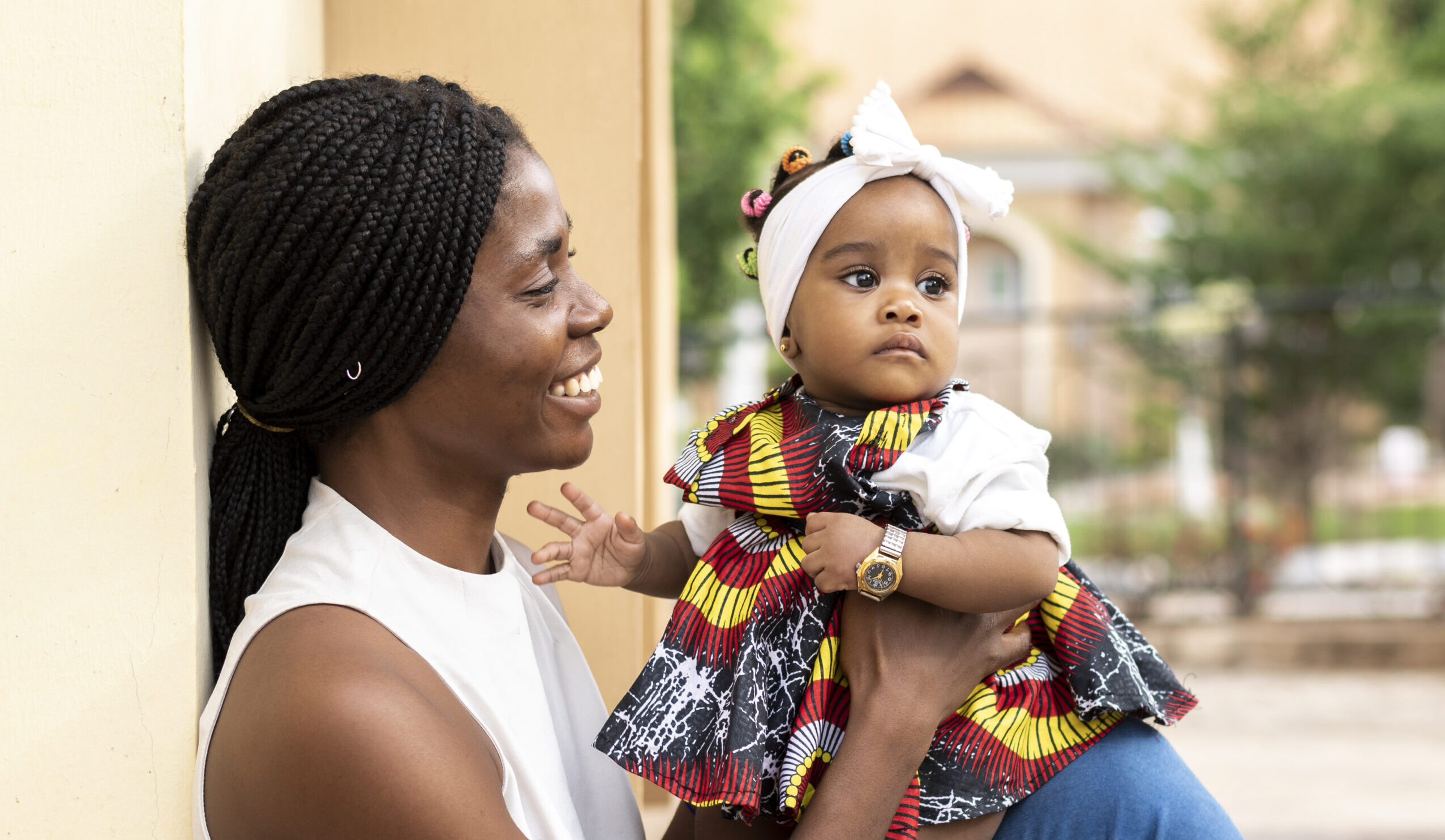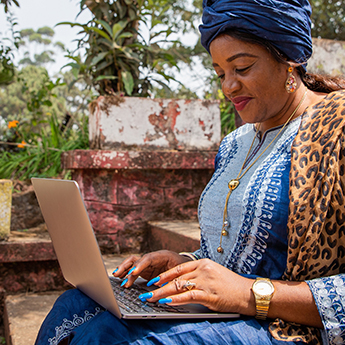
News
December Newsletter
December 7, 2023
FP2030 Newsletters
Previous

Accelerating Access to Postpartum and Post-Abortio...
Next

FP2030 Welcomes Dr. Martin Migombano as Managing D...
Source: FP2030
Topics:
Faith & Family Planning
Dear colleagues,
As we wind down 2023, FP2030 is taking stock of the incredible progress we’ve seen and looking ahead to 2024. We deepened our partnership by welcoming new communities to the FP2030 global network of commitment makers and partners, particularly environmental groups, faith-based organizations and faith leaders, NGOs fighting for the rights of LGBTI people and people with disabilities, and more. And with the launch of our Asia & Pacific and Latin American & Caribbean hubs, we have seen the realization of the full FP2030 Global Support Network. I am so proud!
Next, we’re looking ahead to what’s on the horizon. I was fortunate to attend the recent Seventh Asian and Pacific Population Conference, where these themes of multisectoral partnership and inclusion rang true. The Asia and Pacific region is facing interesting dynamics as the fertility rate in the region declines, and yet we must hold strong that contraception is a human right, not a method of controlling a population size. We must also better understand and invest in infertility treatment and care. We are working to ensure women can plan their family size – whatever that looks like. Infertility must become one facet of our movement if we are being true to our mission of empowerment and autonomy.
I’ve also just returned from COP28, where we were able to deepen our relationships with population, health, and environment experts. For women in rural and coastal communities, and in informal settlements especially, their work is profoundly affected by climate change. Gender and climate change are inherently linked and thus women must be part of the equation when developing adaptive strategies. It’s critical that global moments like COP lift up the voices of women and girls.
Lastly, I’m pleased to announce that Julia Bunting and Dr. Sanjana Bhardwaj will be joining the FP2030 Governing Board. We are certain that their leadership and expertise will enrich FP2030’s strategic direction, and I’m personally excited to collaborate with and learn from two women with such deep expertise in this field. We are looking forward to the insights and guidance they will provide as we continue to drive positive change in family planning worldwide.
Thank you for joining us and we look forward to working together in the new year!
Sincerely,
Samukeliso Dube FP2030 Executive Director
Faith and Family Planning
Last month, 80 faith leaders and advocates from around Africa gathered in Abidjan, Cote D’Ivoire to talk about a hot issue in religious circles: family planning.
In the United States, such a gathering might raise alarm bells for supporters of reproductive health and rights. But these leaders weren’t looking to block contraceptive access. In fact, for these participants — brought together by FP2030 — family planning is fundamental to ensuring each person’s rights and dignity as a creation of God.
After all, people seek out contraception so they can be healthier, complete their education, give a better life to their children – goals that are all very compatible with devout faith. Faith-based organizations often play critical roles in meeting health needs – providing an estimated 40 percent of health services in Sub-Saharan African countries – so it only makes sense that they might also support life-saving family planning care.
Caribbean: the strong contrasts in access to reproductive health
One in four adolescents carries a pregnancy to term each year in the Latin American region according to data from the United Nations Population Fund. Hear more from María Paula Martínez, Managing Director of the FP2030 Latin America and Caribbean Regional Hub in Pagina 12.
Family planning is pivotal to attaining development milestones, even in low fertility settings
Access to family planning is about much more than fertility. Contraception is a human right. It allows people to live out hopes and to take control of their futures. Too often, some policies – and not only in places with slowing fertility rates – treat women like faucets that they can turn on and off as it suits their demography goals. Yet family planning is not just about the number of children a woman should have, it’s also about reproductive autonomy that results in gender equality and women’s economic empowerment. This is why every conversation around fertility has to first and foremost be rooted in human rights.
Contraception is not just about when and how many children to have but also about providing women with choices – not only choices about if, when, and how many children to have, but also a range of method choices that meet women’s changing needs and desires for sexual and reproductive health throughout their lives.
FP2030 recently held its first set of meetings designed to bring together all kinds of stakeholders to scale up postpartum and post-abortion family planning. Every day, 800 women die in childbirth, and the majority of these deaths are preventable. Hosted in Kathmandu by the government of Nepal and FP2030, the meeting was attended by 150 participants, including 15 country delegations.
FP2030, in collaboration with faith and family planning working groups, hosted a three-day workshop in Abidjan, Cote d’Ivoire. The meeting was aimed at driving progress toward FP2030 commitments at regional and country levels through robust, meaningful, and strategic engagements with faith leaders, and had a particular focus AYSRH.
Breakthrough ACTION recently introduced a new course available in English and French entitled “Shifting Social and Gender Norms as Part of Social and Behavior Change.” This course, which is free, supports program planners in assessing norms and adjusting programs accordingly.
The Global Health: Science and Practice journal published an assessment of High-Impact Practices (HIPs) within family planning briefs and guides. “Assessing Use, Usefulness, and Application of the High Impact Practices in Family Planning Briefs and Strategic Planning Guides” finds that HIPs bring family planning knowledge to more people and strengthen advocacy efforts and family planning programs. The article finds that increasing use of HIPs use will provide more resources and support for family planning work.
A new publication from World Vision explores the link between child marriage and opportunities for girls. “Fighting for a Future: an index of girls’ opportunities in countries and regions with high rates of child marriage” demonstrates that the less opportunities offered to them, the likelihood of early marriage increases, leading to a cycle for both them and future generations.
“Sexual and Reproductive Justice Cannot Wait: All Rights, All People, Acting Now”, a publication from the High-Level Commission on the Nairobi Summit on ICPD25 Follow-up, summarizes the recommendations and findings from the meetings of the past three years. This includes investing in midwives, increasing sexual education, and furthering funding.
The Lancet recently published “Labour conditions in dual-cadre community health worker programmes: a systematic review.” This article analyzes the frequency of and situation within community health worker programs where some are paid, and others are not.








